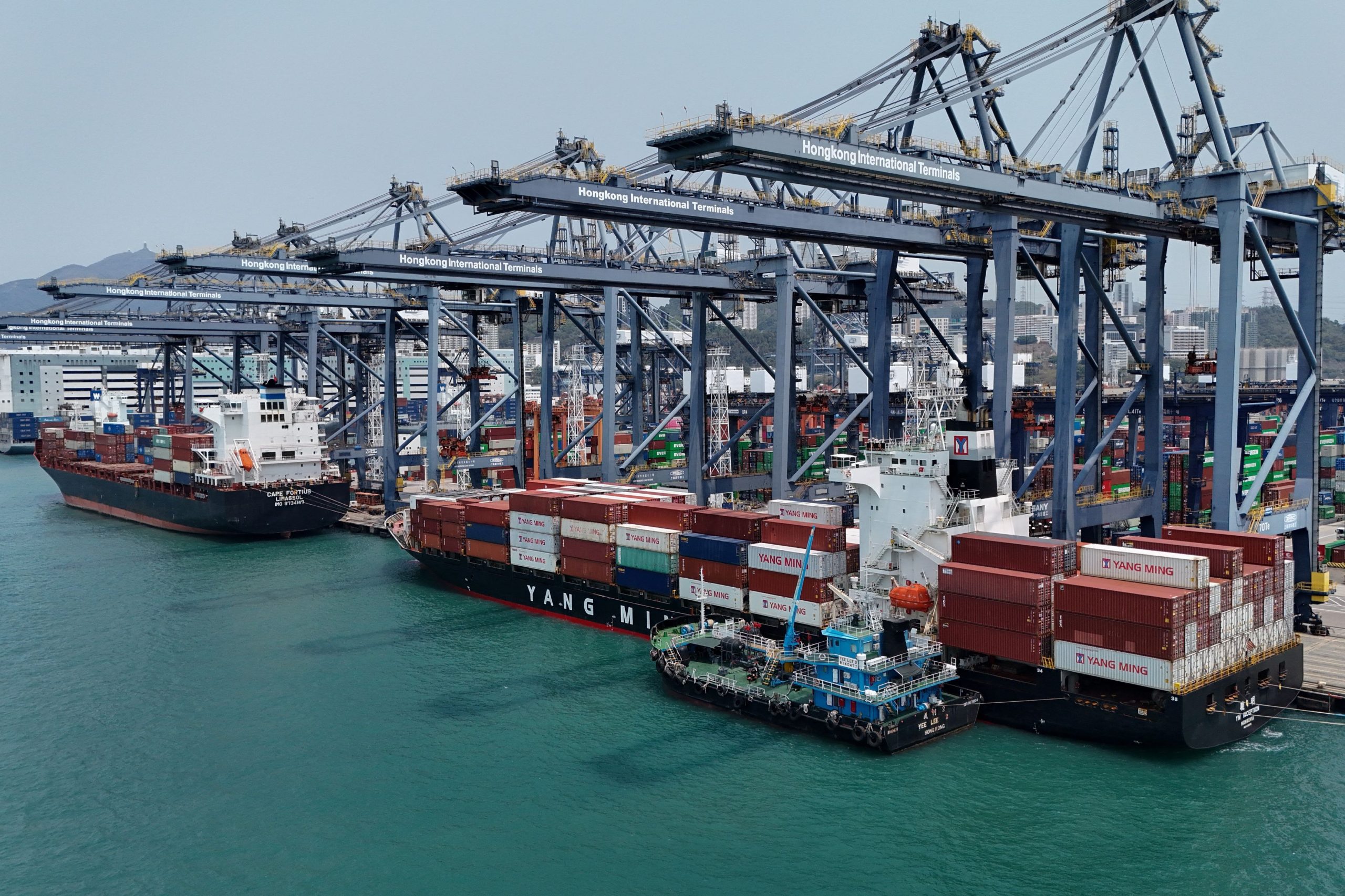China announced a sweeping package of retaliatory measures against the United States on Friday, escalating a deepening trade war triggered by U.S. President Donald Trump’s imposition of broad import tariffs earlier this week.
The Chinese Finance Ministry said it would impose additional tariffs of 34% on all U.S. goods starting April 10, a move that could further disrupt global supply chains and fuel economic uncertainty.
These measures come in direct response to Trump’s new tariff regime, unveiled earlier this week, which included a 10% minimum tariff on most global imports and a 20% rate specifically targeting the European Union. The move has sparked global outcry, with the European Union and now China preparing countermeasures of their own.
In a separate statement, the Commerce Ministry announced new export controls on a group of strategic rare-earth elements — including samarium, gadolinium, terbium, dysprosium, lutetium, scandium, and yttrium — that are critical to high-tech manufacturing and defense industries.

The chimney of a rare earth metals factory billows smoke near the town of Damao, in China’s Inner Mongolia Autonomous Region.TO MATCH STORY CHINA-RAREEARTHS/ REUTERS/David Gray (CHINA – Tags: ENERGY ENVIRONMENT EMPLOYMENT BUSINESS SOCIETY)
The export restrictions took effect immediately on April 4, highlighting Beijing’s willingness to leverage its dominance in rare-earth production as a geopolitical tool.
“The purpose of the Chinese government’s implementation of export controls on relevant items in accordance with the law is to better safeguard national security and interests,” the Commerce Ministry said, adding the decision aligns with China’s obligations on non-proliferation.
Rare-earth elements, in particular, are a strategic pressure point. China controls over 70% of global rare-earth production, and many U.S. tech and defense companies rely heavily on access to these materials for everything from electric vehicles and smartphones to guided missiles.
In addition to tariffs and export bans, Beijing added 11 American companies and entities to its “unreliable entity” list — a mechanism introduced in recent years that allows the Chinese government to sanction or restrict foreign firms deemed to harm Chinese interests.



